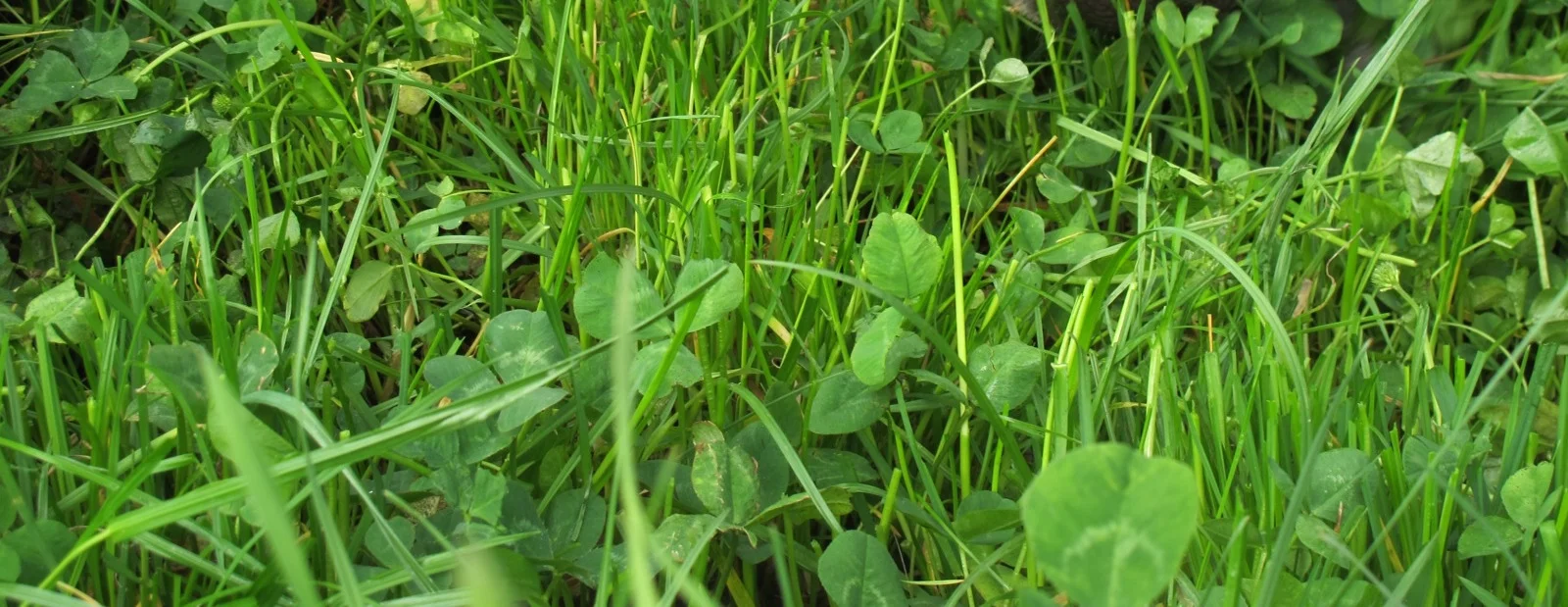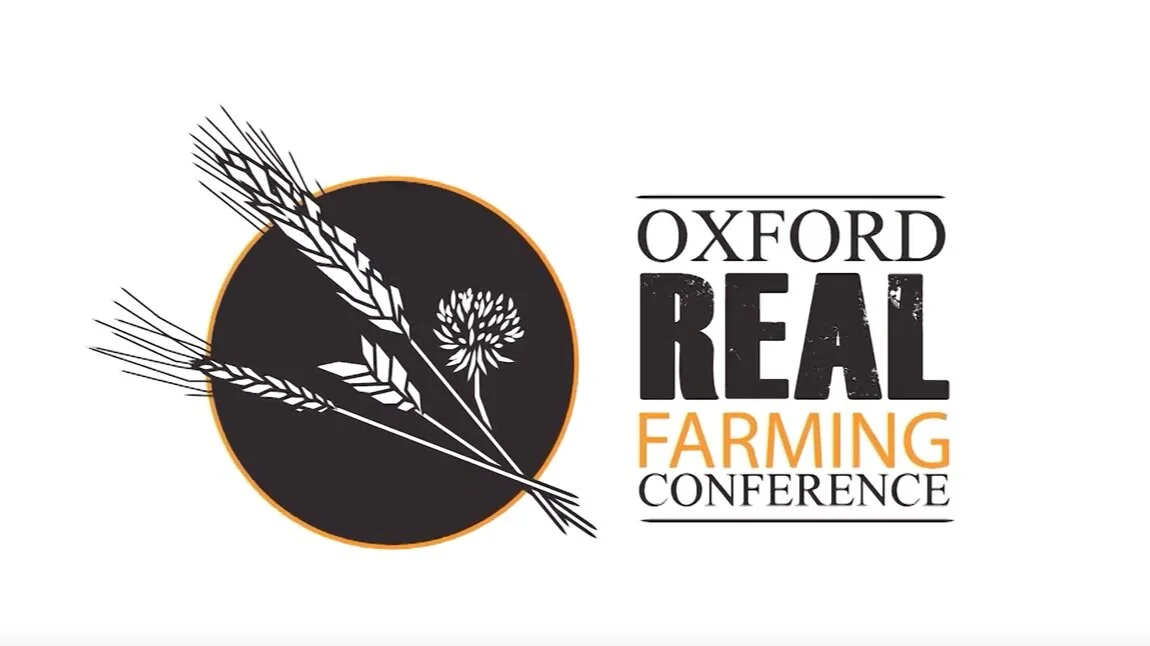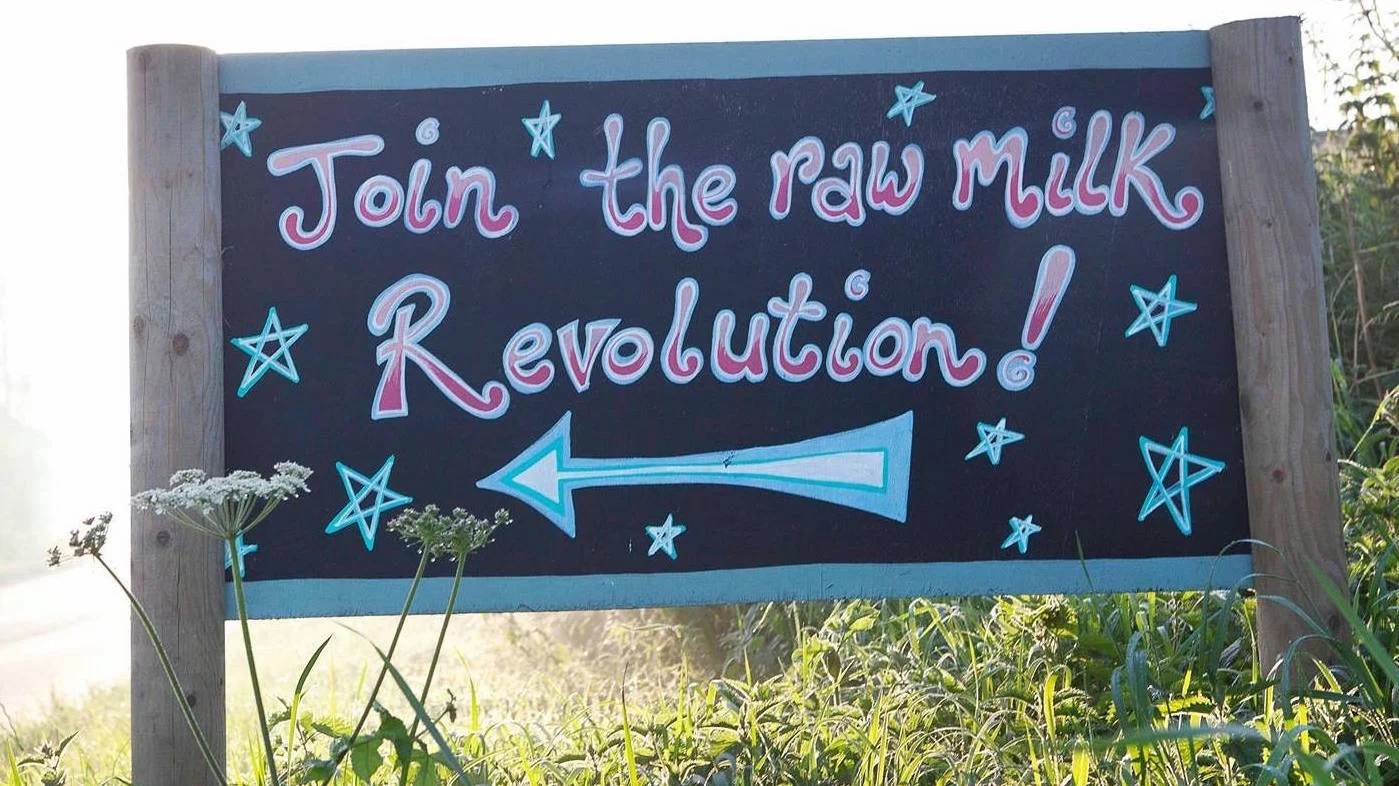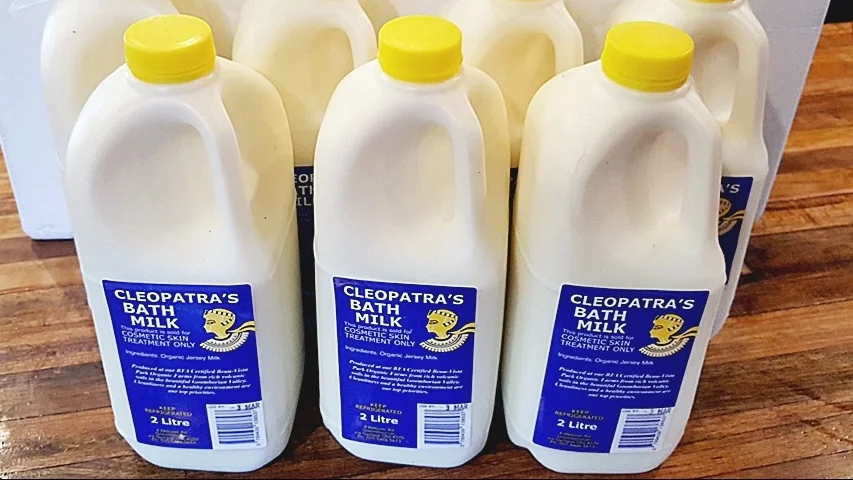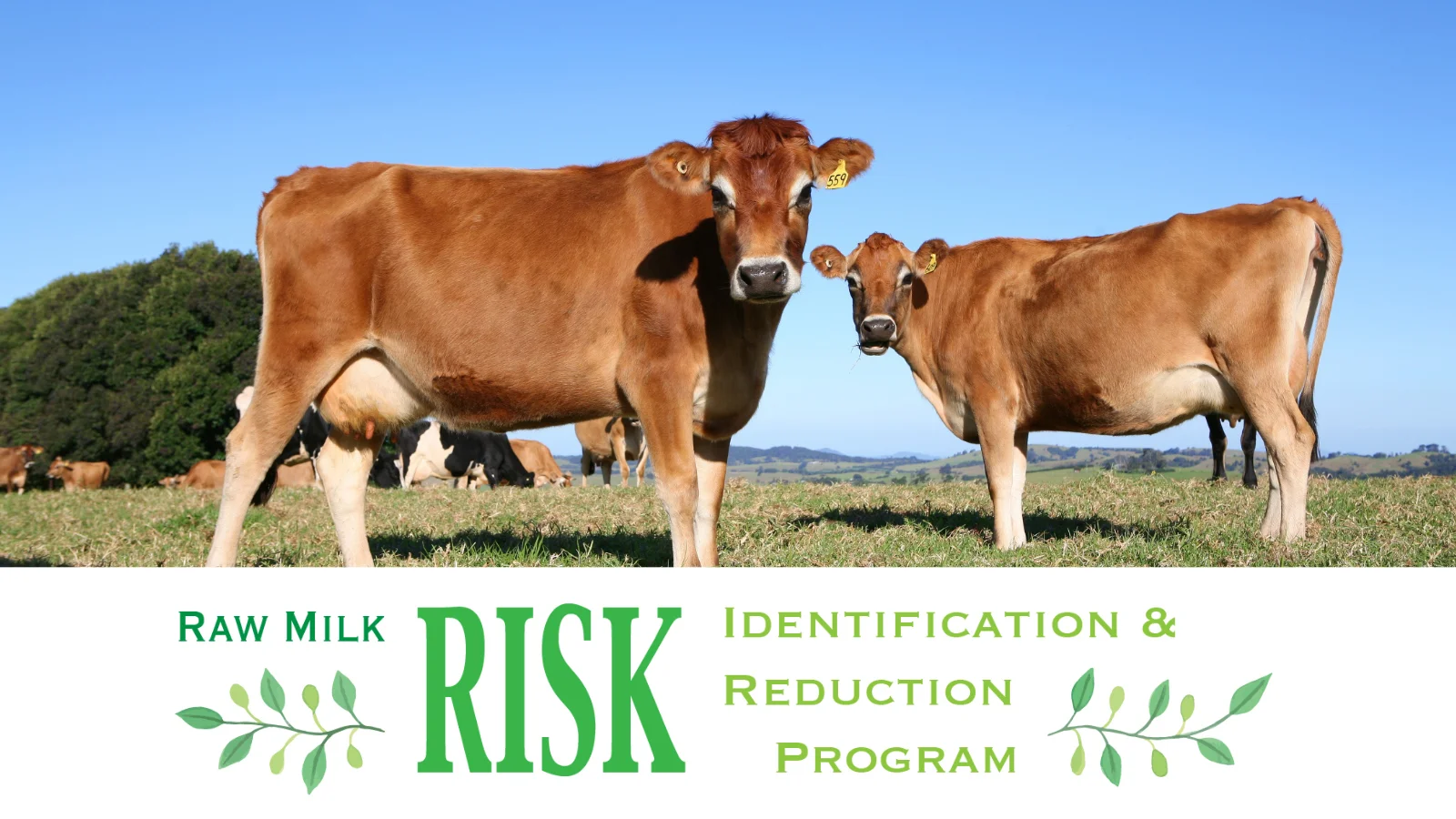Please note that Australia has been free from bovine tuberculosis, caused by the bacterium Mycobacterium bovis, since around 1997. Please remember that there is a difference between Mycobacterium bovis (bovine tuberculosis) and Mycoplasma bovis. Both the U.K. and New Zealand have TB issues. In the UK the badgers are said to be the potential carriers and in New Zealand the native possums, pigs and deer are blamed.
Also note that soon after this article was published, Hook and Son was up and running again selling raw, unpasteurised milk.
Hook and Son dairy
Hook and Son dairy is in Hailsham, East Sussex, South East England made famous by the documentary The Moo Man. They are one of the largest of the UK’s 170+ raw milk producers. They had been selling raw milk directly to the consumer since 2007 and up until last year, they sold raw dairy (milk, cream, yogurt, butter etc.) at 20 farmers markets around London. Farmer Steve Hook said that demand jumped from 12 pints a week in 2007 to more than 5,000 in 2016. They had been selling raw milk online since 2010 and sales have increased five-fold with 3,000 pints ordered in a typical week. One UK pint equals 0.57 litres. The milk sells for eight times the price of regular milk. According to a September 2017 story, Hook and Son was the largest licensed producer with a 80 dairy herd, selling half a million pints of raw milk a year. Steve said that there has not been a single incidence of food poisoning. The dairy is also said to have pioneered the first courier service for raw milk, and had collaborated with the Food Standards Agency regularly in the past.
So why has this dairy had a huge amount of traumatic experiences in recent years? About two years ago Hook and Son struggled with having sufficient land, with appropriate access from the main farm, to feed all the animals. Urban development had encroached on the farm, as well as other issues. They were able to purchase additional land after a successful crowdfund campaign enabled it. However, on the 23rd of November 2018 Hook and Son created another crowd funding Go Fund Me page to seek assistance from the public with another huge problem.
This is a story of incredible irony and heartbreak from this farmer’s point of view, and also of a potential for redemption.
Bovine tuberculosis testing in the UK
ARMM has written about this problem before in another article titled:
Raw dairies keep farming and show resilience.
It is about the huge burden that is placed on raw milk producers. The distress centres around the bovine tuberculosis skin reactor test. It tests to see if a cow has an immune response to an injected bacterium or not. It is not a very accurate test. In fact, it is a highly problematic test as evidence show. In the article is a link to a video in which Richard Prosser, who were the spokesperson for New Zealand Agriculture and Primary Industries at the time, were recorded saying the following:
"We've always known... everyone's known that the TB tests weren't entirely accurate."
"We're talking about a testing regime that to my mind is manifestly inadequate."
In the Raw dairies keep farming and show resilience article, there are several stories showing how harsh this 30-something year old skin test is on farmers in both New Zealand and the UK. And also how essential it is to reconsider the existing TB testing regime, as it proves to be unreliable, unfair and a huge burden. The article also mentions a new bovine TB test invention announced in November 2017. The test is able to detect live bacteria in blood or milk in just six hours allowing infected cattle to be identified quickly. In addition, it does not involve injecting cows with a micro dose of TB bacteria like the existing skin test does, which makes no sense to a layperson anyway…
This Farmers Weekly article describes a report that have shown the tuberculin “skin test” to be not a reliable indicator of disease. It also mentions studies that have shown the skin test only detects about 50% of diseased cattle, meaning infected animals are often missed, allowing disease to spread more widely in a herd and in wildlife.
On the 7th of February 2019, the PBD Actiphage test was launched. It was developed by Nottingham University scientists Drs Cath Rees and Ben Swift, co-founders of PBD Biotech. According to this news article Dr Rees said: The existing skin test is based on the animal’s immune response, and takes three days to produce a result, but more worryingly is known to miss about 20 percent of infected animals.
“Our new test is unique as it is the only test that directly detects live bacteria in blood or milk and is fast, specific and highly sensitive.”
According to this article, a Devon veterinarian used the trial kits on a dairy farm. The test, along with a strict biosecurity regime, have meant levels of TB on the farm plummeted. Watch this video produced for PBD Biotech to learn more. The Actiphage provides a fast, accurate test for M. bovis and paratuberculosis in cattle. It is available in two forms: a 6 hour test for rapid confirmation of presence or absence of a specific disease, or the 48 hour test which provides identification of all mycobacteria present.
The Actiphage test was also awarded the Royal Dairy Innovation trophy and certificate earlier this year for research and development in the dairy industry.
Image: Stephen Hook, photo by Crystal Palace Food Market.
Audio: BBC Sussex’s Simon Jenkins had a conversation with Hook and Son on the 12th of April 2019, broadcasted on Danny Pike’s 9am - 12pm time slot (source)
According to the interview above, in April 2018 Hook and Son had their first ever positive TB reactor failing the skin test, which hasn’t been confirmed by the government yet, and as a result they have lost their TB-free status and their ability to sell raw milk. This has caused them significant financial disaster and emotional distress. At the moment the TB skin reactor test is the only test that currently determines a farmer’s legal TB-free status, says Steve. Up until recently, farmers have been long-suffering with the situation. They have carried the burden of the problematic skin-reactor TB testing, but there is a growing dissatisfaction. The 30 year old test doesn’t seem to actually indicate the presence of TB bacteria, it detects the immune response to TB introduced via a syringe as part of the test regime.
Steve told Simon Jenkins: “A reactor has an immune response, which shows as a bump in the neck, that could be due to TB, it could be historic TB - in which case the cow has now got immunity to it - or it could be something else that mimics TB and there has been an immune response to it”. He says over the last 18 months the government has whole-herd tested the farm’s cows seven times, along with two other gamma interferon blood tests, making it a total of nine tests. The government has killed 31 of the animals of the 80-animal herd - including calves and pregnant cows - and so far none of those testing regimes seems to have found a single strain of TB.
Steve’s dad Phil Hook explains why it is very tough, sad and frustrating for farmers and consumers alike. He says that many consumers use the raw milk for medical reasons, like
allergies and lactose intolerance issues. Consumers keep asking when the raw milk is going to coming back.
In addition, Steve also explained that other countries have started to use the new Actiphage test, but the British government have been dragging their feet so far. This is incredibly sad to hear, because the accuracy of the new test may become an international game-changer.
Steve Hook is frustrated that the UK’s own scientists had come up with this world-class test, yet the government is slow to take it on, even in the face of great farmer distress due to potentially being put out of business. He believes the mindset has to change.
In the last few minutes of the conversation, Steve shares that just before the farm’s raw milk sales stopped, they were selling 3,500 pints a week. They had 30% of the organic raw milk market in the UK. In the audio interview, Steve says that he had the milk from the individual reactor cow, as well as the milk from all the cows from the bulk tank tested by PBD. He says they couldn’t find any TB with the sensitive Actiphage test. Steve says he is certain there is nothing wrong with his milk, therefore there is no public health risk. He is concerned that the government is currently killing 33,000 cows a year, and that there are some cows failing the TB test that goes into the food chain with infected blood, and may be eaten rare by unsuspecting consumers. The many inconsistencies are mind boggling. Listen to the audio for more.
Change the system, change the regulations
In March this year Stephen told Ginny Sanderson that government regulations are crippling the family-run organic dairy farm. This issue has been dragging for one year now. Due to government regulations they are potentially facing closure. “We are being driven against the wall by the government,” said Stephen, “We have got a lot of bills to pay, we are really struggling.”
“We have no control over this TB situation at all. We are at the mercy of the APHA (Animal and Plant Health Agency) and current TB law and TB skin test which I don’t believe is fit for purpose.”
“The government can’t prove that we have got TB. They haven’t found a strain. We have lost an awful lot of money. We were selling 3,500 pints a month. It had to stop overnight.”
Recently the Raw Milk Institute put out a call to all raw milk supporters around the world to help Hook and Son survive the latest restrictions put on them:
“In April of 2018, they were shut down after some of their cows were found to be reactive to a state administered TB test. Having a reactor cow is not uncommon and seen quite frequently even in raw milk dairies. If a cow reacts then further testing is done and finally if needed the cow is killed and an autopsy is performed. All of the reactor cows at Hook and Son were autopsied and found to be NEGATIVE for any sign of TB!”
“In California, this autopsy finding would have immediately released the herd for continued raw milk production. For some reason in the UK, this did not occur and the dairy was mandated to continue under quarantine for any raw dairy products, with the dairy being approved only pasteurized dairy production. This is killing the dairy. Few raw milk customers want pasteurized dairy. They want raw dairy! We have an innocent beloved raw milk dairy that needs our help and they need it now. Please go to the GO FUND ME link and give every bit you can."
Hook and Son dairy has been in the process of becoming RAWMI-listed for some time, and are in the final stages. Becoming listed with the Raw Milk Institute means that Hook and Son will be under much higher quality and food safety controls than the currently system for England and Wales requires, see this article for more information.
Brexit is stalling the much needed change in the UK, and the situation is frustrating for those who are driving regulatory change. There seems to be no quick fix for this issue. The Food Standards Agency, the UK Raw Milk Producers Association and international raw milk experts are currently collaborating to create better controls for the UK’s regulated raw drinking milk systems, learn more in this article.
When reading articles like this one, don’t get caught up in the drama of disappointment.
Sometimes we are lead into exploring these difficulties in order for them to deliver an important lesson, which the raw milk movement may need to learn. There really is a silver lining in this cloud. Advocating for a better foundation for raw milk regulation does entail shining a light on dysfunctional and uncomfortable issues. It may take time for positive change to take root. An investment in growing patience will pay off eventually, in one way or another.
Video: The documentary trailer for The Moo Man. Steve Hook and his motley crew of unpredictable dairy cows have won the hearts of both audiences and critics since the film premiered at Sundance and in Berlin. With a herd of 72 cows, Hook & Son's milk production is far smaller than what is usually tapped and distributed from heavyweight farms in the milk production industry, who otherwise dominate today's supermarket aisles.
Related Articles:
Farmers beyond frustration with bovine TB, says union
Molecular methods for cheese & milk testing - by Dr Cath Rees
12 April 2019 / 12 April 2019 program
Launch of the Raw Milk Producers Association
Help! Hook and Son in TB trouble
Resistance to bacterial infections Part 1
Resistance to bacterial infections Part 2
Probiotic Microbes, Colonisation Resistance and the protective benefits in different terrains
Hailsham ‘Moo Man’ dairy farmer calls for help amid ‘crippling’ situation
See cows jump for joy as spring arrives at Hailsham farm
Huge increase in badger cull will see up to 42,000 shot
Raw Milk System Improvements: installing the right controls and weeding out the dysfunctional
Actiphage test wins UK Royal Dairy Innovation Award
Groundbreaking TB test brings cattle vaccination one step closer
Biotech firm secures £400,000 to develop rapid disease test for cattle
TB update: It’s not good news we’re afraid. The APHA have refused to grant us our TB-free status until our one inconclusive cow has been re-tested in 60 days. Read Steve’s full update here:https://t.co/4dAF4C2Hii
— Hook & Son (@hookandson) March 23, 2019
Tomorrow on @BBCSussex with @DannyPike (after 10am) Phil and Steve Hook of @hookandson #hailsham #sussex farmers will be talking about how an inconclusive tb reactor test has left them currently unable to sell their "raw" milk for now. They remain determined to continue! pic.twitter.com/dFnkIiIyrP
— Simon Jenkins (@SussexSimon) April 11, 2019
Today PBD Biotech co-founders Drs @BerwynClarke, Cath Rees and @BMCS88 were delighted to be presented with @theRABDF Royal Dairy Innovation Award a a ceremony @buckinghamroyal - signalling their test's significance for the future of the #dairy industry https://t.co/1kXsyi5yst pic.twitter.com/ByB6z6qkPx
— PBD Biotech (@PBDBiotech) April 16, 2019
Bringing together @DefraGovUK Minister for Farming & super organic Hailsham farmers @hookandson to promote local dairy produce and raw milk. 🥛 🧀 🍦 🐄 pic.twitter.com/hVvBKqXfBU
— Nusrat Ghani MP (@Nus_Ghani) April 25, 2019
